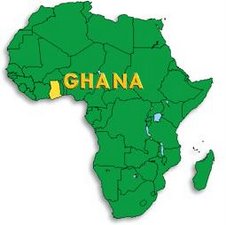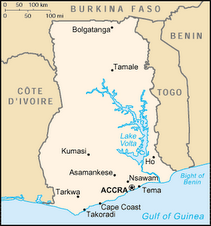In the last
seven days five lives have been saved and several traumatic facial lacerations
which transected the tear duct system, lips, ears, nose and /or the eyelid have
been repaired. The patients saved were
mostly children, including a three year old girl with a deep neck abscess which
caused airway obstruction, a child who choked on a groundnut necessitating
removal of four pieces from both bronchi, a two- year girl with a coin stuck in
her esophagus for five days, a twenty year old student with a fish bone lodged
in her esophagus and a thirty-five year old road traffic accident victim with
upper airway obstruction from a fractured mandible and severe head trauma. The
equipment necessary to save these children who aspirated or ingested foreign
bodies were donated by the major medical manufacturers. Due to instruments
breakage we are at a minimum of the Hopkin-rod telescopes and telescopic
forceps which are used in removal. A repaired telescopic forceps, which the
manufacturer kindly repaired free of charge, should arrive this week.
Scrub nurse, child who ingested a coin and child with deep neck infection and upper airway obstruction.


